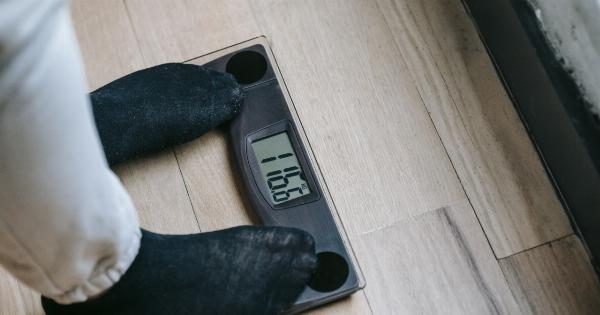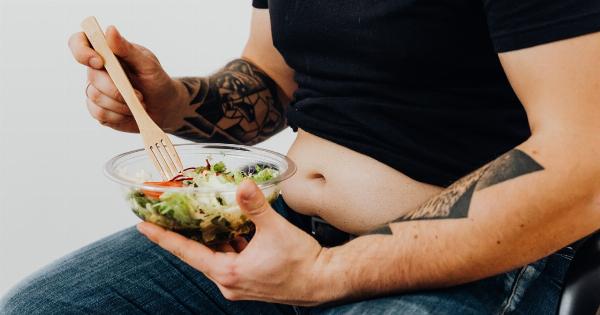When it comes to embarking on a weight loss journey, many individuals turn to the support and camaraderie of dieting with friends.
The idea of taking on the challenges of shedding pounds and adopting a healthier lifestyle alongside trusted companions can be enticing. However, despite the benefits that come with dieting with friends, there is a darker side that often goes unnoticed. This article explores the potential pitfalls and negative consequences of dieting with friends.
The Pressure to Conform
One of the primary downsides of dieting with friends is the pressure to conform. When a group of friends set out to lose weight together, there is an implicit expectation to follow the same diet plan and exercise regime.
This pressure to conform can be detrimental, as it often leads to unhealthy behaviors and restrictiveness. Each person has unique dietary needs and preferences, and forcing oneself to fit into a predetermined mold can create feelings of deprivation and frustration.
Unhealthy Competition
While a bit of competition can be motivating, dieting with friends can escalate into an unhealthy competition. Constantly comparing progress, weight loss numbers, and body measurements can fuel feelings of inadequacy and self-doubt.
Instead of focusing on personal growth and individual progress, the primary focus becomes outdoing one another, which can lead to extreme measures and dangerous habits.
Lack of Individual Accountability
Accountability is a crucial aspect of successful weight loss. However, dieting with friends can hinder individual accountability. When everyone is in it together, it becomes easier to shift blame or make excuses for not sticking to the plan.
Rather than taking responsibility for one’s actions, individuals may blame external factors or the group dynamic for their lack of progress. This lack of individual accountability can hinder long-term success.
Enabling Unhealthy Habits
Dieting with friends can inadvertently enable unhealthy habits. Peer pressure and the desire to fit in can lead individuals to make choices that are not aligned with their goals.
For example, if the majority of the group decides to indulge in a cheat meal or skip a workout, the pressure to join in can be overpowering. This can lead to a vicious cycle of making poor choices and sabotaging progress.
Jealousy and Resentment
Another potential consequence of dieting with friends is the emergence of jealousy and resentment. If one person in the group achieves significant weight loss or reaches their goals before the others, envy may arise.
The success of one person can unknowingly trigger negative emotions in others, creating a toxic environment within the group. Instead of celebrating each other’s achievements, jealousy can drive a wedge between friends.
Social Comparison
Constantly being surrounded by individuals on the same weight loss journey can lead to excessive social comparison. Comparing progress, body shapes, and even food choices can be detrimental to self-esteem and mental well-being.
It is important to remember that everyone’s weight loss journey is unique, and progress should be assessed on an individual basis.
Loss of Individual Choices
Dieting with friends often means compromising on personal preferences and choices. Certain diets or eating plans may not suit everyone, but the group mentality can overshadow individual needs.
This loss of individual choices can lead to a sense of disempowerment and hinder one’s ability to develop a sustainable and personalized approach to weight loss.
Exclusion and Isolation
While dieting with friends can foster a sense of camaraderie, it can also result in exclusion and isolation. Friends may unintentionally make others feel left out if they are not partaking in the same diet or exercise routine.
This can strain relationships and create feelings of loneliness, ultimately hindering the overall success of the group.
The Influence of Peer Pressure
Peer pressure is a powerful force, and dieting with friends amplifies its influence. Friends may unknowingly become enablers or detractors when it comes to making healthy choices.
Unhealthy habits or temptations can be more challenging to resist when the entire group is engaging in them. This influence can undermine individual willpower and make sustainable habits harder to develop.
Inability to Focus on Personal Growth
Dieting with friends can sometimes overshadow personal growth and self-discovery. While the support and encouragement of friends can be valuable, excessive focus on the group dynamic can limit individual exploration and self-improvement.
It is essential to strike a balance between group support and personal growth to achieve long-term success.
























